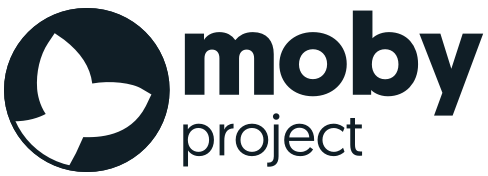Moby

Moby is an open-source framework for creation of container-based solutions. It consists of multiple components, each of them tackling different aspects of container ecosystem. Through integration with container runtime like containerd, Moby provides an abstraction layer on top of the operating system’s process isolation capabilities. It also handles building the container images, creating virtual network stack, providing persistent storage bindings and more.
Moby is used as the upstream for Docker, the widely known containerization solution. It is meant as a playground for the engineers and enthusiasts to experiment and test ideas, to further innovate the modern container ecosystem. When new features contributed to Moby’s repositories are deemed well tested and stable, they will be added to Docker.
Authors

Computer Science MSc student at TU Delft, specializing in the fields of software engineering and distibuted systems. Interested in automated methods of ensuring code quality and developing scalable, highly available software solutions.
Computer Science MSc student at TU Delft specializing in Artificial Intelligence Technology and Cyber Security. I aim to broaden my knowledge of these subjects and to learn how Computer Science can positively impact society.

First year MSc student at TU Delft, doing Computer Science and specializing in software technologies and software engineering.
Moby - Scalability

Moby - Quality and Evolution

Moby - From Vision to Architecture

Moby - Product Vision and Problem Analysis
